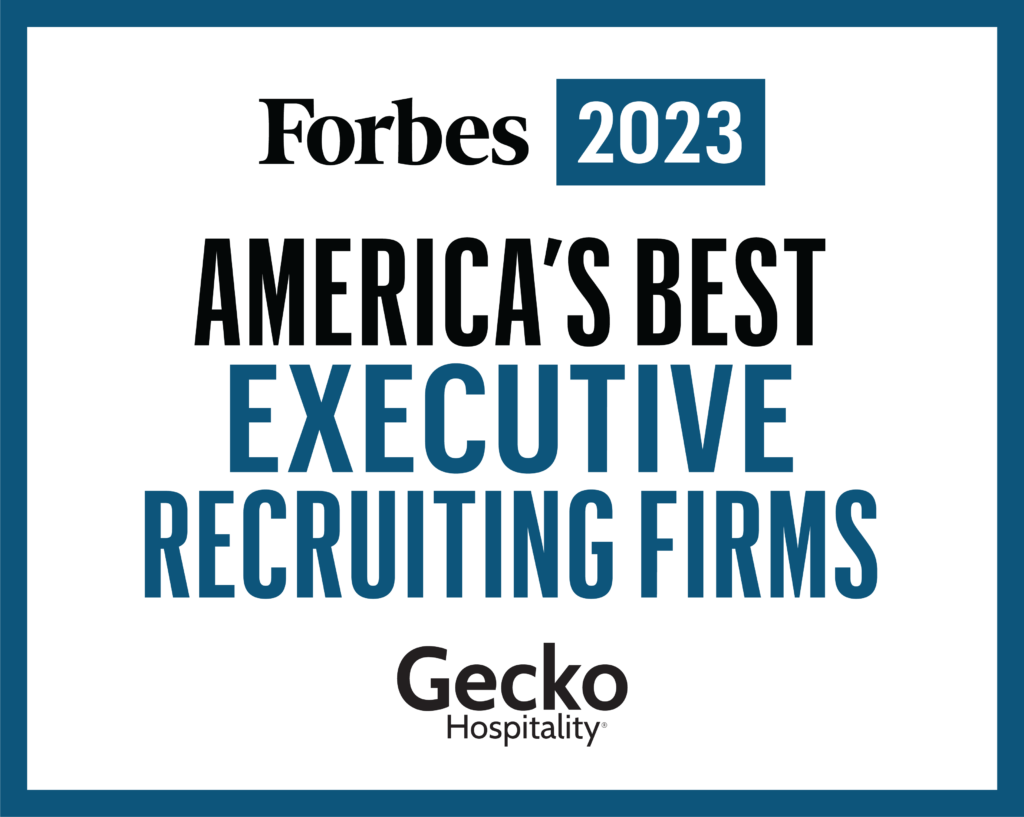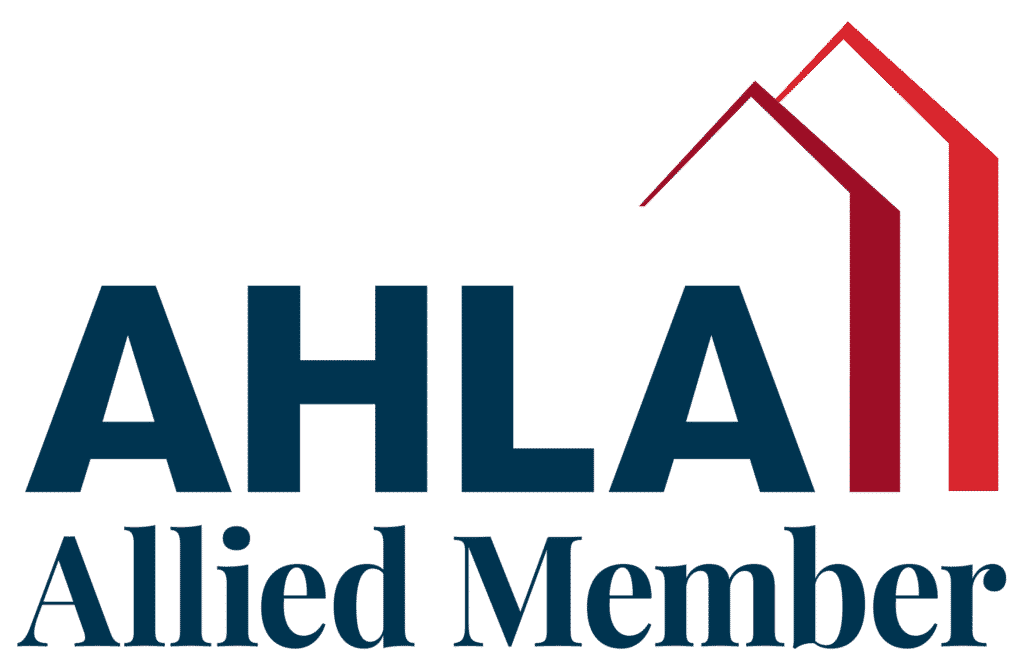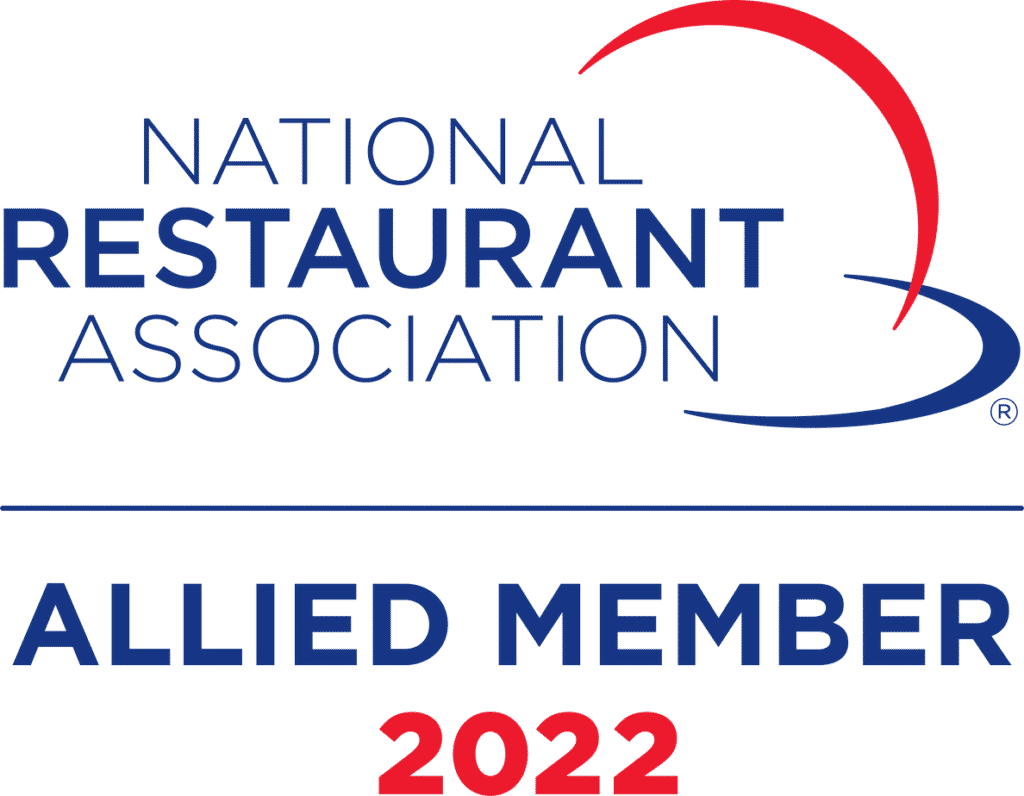When engaging in talent acquisition for your organization, it is essential to recognize the diverse attributes that individuals bring, including variations in education, experience, age, and perspectives. Each generation entering the workforce contributes distinctive values and viewpoints to the hospitality industry. Therefore, it is imperative to come up with tailored recruitment strategies that address the specific needs and characteristics of different generational groups within the workplace.
Challenges in Recruitment
In the process of recruitment, hiring managers face the challenge of addressing generational gap biases and navigating resistance towards integrating new recruits into existing teams. It is necessary to acknowledge and dismantle any biases that may impede the successful integration of new team members. This process hinges on a comprehensive understanding of the unique characteristics and traits of each generation. By adapting recruitment strategies to attract and engage talent from diverse age groups, organizations can effectively enhance their team dynamics and foster a harmonious working environment.
Comprehending Different Generations
Prior to recruiting candidates from diverse generational cohorts, it is advisable to have a comprehensive understanding of their characteristics and common perceptions. Each group possesses unique backgrounds, work ethics, and values, resulting in a diverse array of talents, skills, and strengths that they can offer to your hospitality enterprise. There are four predominant generational demographics that might contribute valuable talent to your business:
- Baby Boomers- refers to those people born between 1946 and 1955. Many people often view them as emblematic figures of a generation characterized by cultural shifts and social movements. This demographic group is commonly associated with a reputation for rebellion and countercultural activities during the 1960s, developing into a more introspective and idealistic approach in the 1970s.
- Generation X-These individuals belong to the demographic cohort born between 1965 and 1980. People commonly referred to them as Generation X. You will find people often characterize them as “latch-key kids” who came of age in an era marked by independence and self-reliance. Many in this group grew up in environments marked by divorce or parents focused on their careers. This resulted in a unique blend of street-smartness and isolation.
- Generation Y or Millennials-The exact timeframe for defining the boundaries of this generational cohort remains undetermined. Scholars and analysts commonly designate birth years spanning from the early 1980s to the early 2000s for this demographic. Referred to as a discerning and technologically adept cohort, people consider them resistant to conventional marketing strategies. Their exposure to various stimuli from a young age has cultivated a sense of familiarity and desensitization to traditional advertising approaches.
- Generation Z-Generation Z, also known as Gen Z, encompasses individuals born between the years 1997 and 2013. They succeed the Millennial generation. This cohort has grown up in a technologically advanced era, where computers and cell phones are ubiquitous. Digital devices seamlessly integrate into their daily lives, being regarded with a level of importance akin to basic necessities.
Recruiting Across Generational Divides
It’s difficult to navigate the competitive job market in the hospitality sector. According to the latest data from the US Bureau of Labor Statistics, the industry’s turnover rate surpasses that of all other sectors by 2 to 3 times. The recent phenomenon known as the Great Resignation has only exacerbated this trend. Considering this, it becomes imperative to approach recruitment strategies with a generational lens. This means recognizing that each age cohort presents a unique pool of prospective candidates possessing valuable skills and abilities essential for success in the hospitality realm.
It’s important to optimize the reach of your recruitment initiatives across all generations. It is advisable to integrate the following four steps:
1. Effective Recruitment Marketing Strategies for Multigenerational Hospitality Recruitment
To effectively reach candidates across various generations, it is imperative for hospitality establishments to implement a comprehensive recruitment marketing strategy. Recruitment Marketing involves the systematic attraction and engagement of skilled individuals to join your hospitality enterprise. The primary objective of recruitment marketing is to encourage qualified candidates to submit applications for the available positions within your organization.
In order to appeal to a diverse demographic, it is essential for your recruitment marketing strategy to adopt a comprehensive approach. This entails tailoring your branding efforts to resonate with individuals across all generations. For instance, your organization can attract Generation Z by showcasing its innovative technology in guest services, while Baby Boomers may appreciate the flexibility of working hours. Recruitment marketing establishes a strong brand presence and serves as the primary point of contact for prospective candidates from different age groups, including all generations.
2. Tailoring Your Employee Value Proposition (EVP) to Different Generations
Within your branding strategy, it is crucial to emphasize the comprehensive benefits and incentives you provide to your employees in return for their contributions. You should prominently feature these offerings on your website, promotional materials, and job postings, and make sure not to overlook any detail. By ensuring that your Employee Value Proposition (EVP) encompasses a range of appealing aspects, you can effectively attract individuals across all generations.
In order to enhance the effectiveness of your Employee Value Proposition (EVP), emphasize the exceptional aspects of working within your hospitality establishment. This can encompass features such as a flexible schedule, an engaging work environment, opportunities for career advancement, and more. To cater to the preferences of Generation Z, it is vital to provide a digitized experience throughout the job application process. Even for roles at the entry-level, a compelling EVP and a strong brand identity can truly impress potential candidates. Ensuring that the application process is mobile-friendly, offering seamless website navigation, and personalizing the candidate experience are key considerations.
Baby Boomers and Generation X
For individuals belonging to the Baby Boomer and Generation X demographics, we offer the convenience of downloading an application or the traditional option of printing and mailing it in. Our tailored marketing strategies attract customers within these specific markets, and the same approach should apply to recruiting potential job candidates across all generations. To effectively target Generation Z individuals, understanding their preferences and priorities is crucial. As highlighted in the CGK’s 2022 State of Gen Z report, a significant focus for this generation is financial compensation. The report reveals that 49% of respondents consider salary as one of the primary factors influencing their decisions, showing an increase from 37% in the previous year.
For Baby Boomers, a key attraction is the availability of local job opportunities with fixed working hours. Referred to as the “Steady Eddies,” they prioritize stability and predictability in their work schedules, typically adhering to hours, such as 7:00am to 3:00pm. Demonstrating a preference for consistency, they possess a strong sense of loyalty towards reputable employers.
In order to attract this demographic, it is beneficial to incorporate health benefits into both your branding and Employee Value Proposition (EVP). The appeal of health benefits, financial incentives, and the opportunity for social interaction primarily attributes to the growing trend of retirees and Baby Boomers re-entering the workforce.
3.) Emphasizing Positive Attitudes Over Specific Skills in Hospitality Recruitment
One challenge faced by hospitality businesses in their search for job candidates is the emphasis on recruiting individuals with specific skills by hiring managers. However, in the current job market, this approach may prove to be misguided. Exceptionally skilled candidates are scarce and in high demand. The current job market sees a shift in valuing both younger and older candidates for their personality traits rather than solely their technical abilities. Consider the fact that prior experience as a receptionist may not be essential; it is possible to provide training in guest check-in procedures. Similarly, it is possible to teach individuals without prior experience to serve a table. Ultimately, prioritizing candidates with positive attitudes and strong personalities can simplify the recruitment process.
We are looking for candidates of all generations who show a positive attitude towards work. This quality can typically be assessed during the interview process. We seek individuals who are not just physically present but also eager to work and open to learning the responsibilities of the position. As aptly stated by James Cash Penney, a positive attitude holds greater value than technical skills alone.
4.) Ensuring Timely and Courteous Communication with Job Applicants
Upon receipt of an application, it is imperative to promptly initiate and diligently follow through with the candidate. Failure to provide timely feedback can be perceived as discourteous by individuals of all generations. Swift action is essential to avoid missing out on promising opportunities. When conducting interviews via platforms such as Zoom, ensure that the necessary links and instructions are efficiently communicated.
Creating a Cohesive Employee Value Proposition (EVP) Marketing Strategy for Multigenerational Recruitment
There are discernible age variations among the four generations under consideration for recruitment. However, it is noteworthy that their aspirations when seeking employment within the hospitality sector converge along similar lines. These aspirations can be distilled to:
- Understanding the significance and objectives of your business
- The provision of flexible work arrangements
- Workplace culture that places a high emphasis on the well-being of its employees
- Investment in professional development opportunities
- Promoting an environment of diversity and inclusion
It is recommended to incorporate the prior elements into your Employee Value Proposition (EVP) marketing strategy. This will effectively engage all generations. Establishing a strong and coherent brand identity is important. You also want to clearly defining your business objectives, helps appeal to individuals across all age groups. By following these guidelines, the obstacles related to generational differences will become more manageable.





